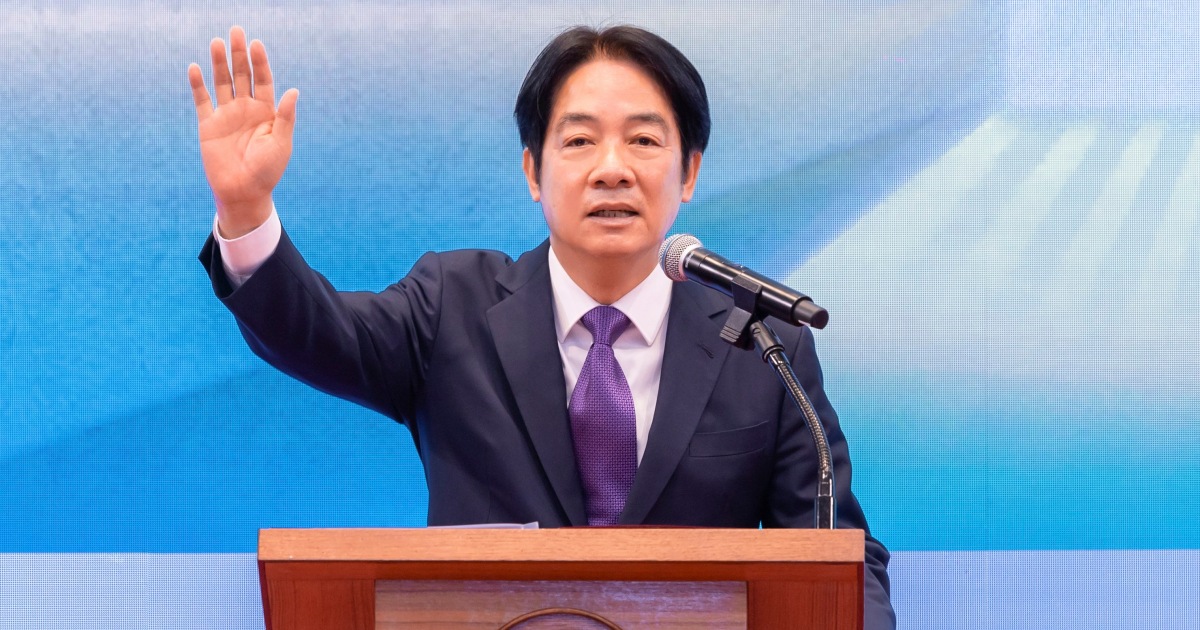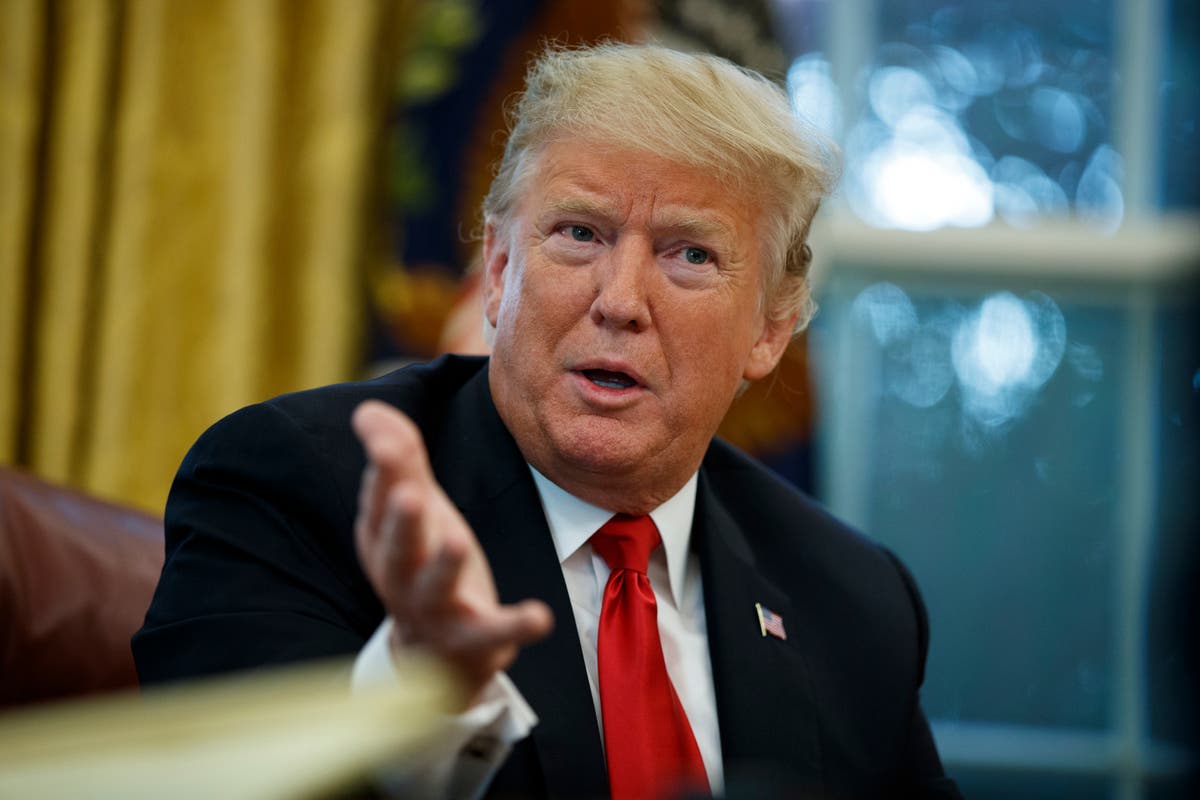Taiwanese President Lai Ching-te expressed a desire for equitable and orderly exchanges with China, emphasizing the need for reciprocity and dignity. However, he questioned Beijing's sincerity, citing restrictions on tourism and student exchanges, while Taiwanese citizens face no similar limitations in China.
Lai, who assumed office in May, has consistently proposed talks with China, but these overtures have been repeatedly rejected. China views Taiwan as its own territory and considers Lai a "separatist," further complicating the political climate. Lai maintains that the future of Taiwan should be decided solely by its people.
Speaking at a New Year's Day press conference, Lai highlighted the imbalance in travel policies. He noted that while Chinese citizens can freely visit numerous countries, including the United States and Japan, they face significant restrictions when it comes to visiting Taiwan. He asked, "Is this really showing goodwill towards Taiwan? Can’t they treat everyone equally?"
These accusations have been reciprocated. Taiwan has previously advised its citizens to avoid travel to China unless absolutely necessary, following threats from Beijing against individuals deemed supporters of Taiwan independence. The travel restrictions underscore an ongoing diplomatic standoff between the two entities.
Further fueling tensions, Chinese President Xi Jinping, in his New Year's speech, reiterated China's unwavering commitment to "reunification" with Taiwan, a sentiment that is continuously reinforced by daily Chinese military activity in the region and war games near the island.
President Lai emphasized the importance of democratic nations uniting in response to threats from authoritarian countries. He pointed to the joint military operations between China and Russia in the Indo-Pacific as an example of growing challenges.
He stressed that democratic cooperation must extend to defense, security, and strengthening "democratic supply chains." Lai concluded by stating that a failure to do so could significantly impact the economies, industries, and lives of people in democratic nations. He hoped that the New Year would see increased unity amongst democracies, ultimately promoting peace, democracy, and prosperity.







